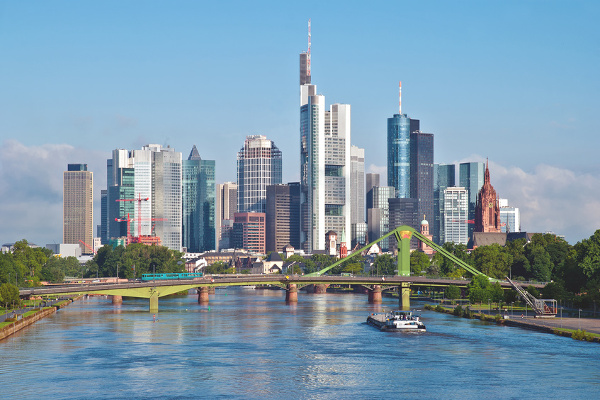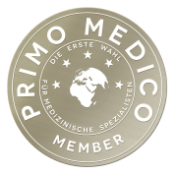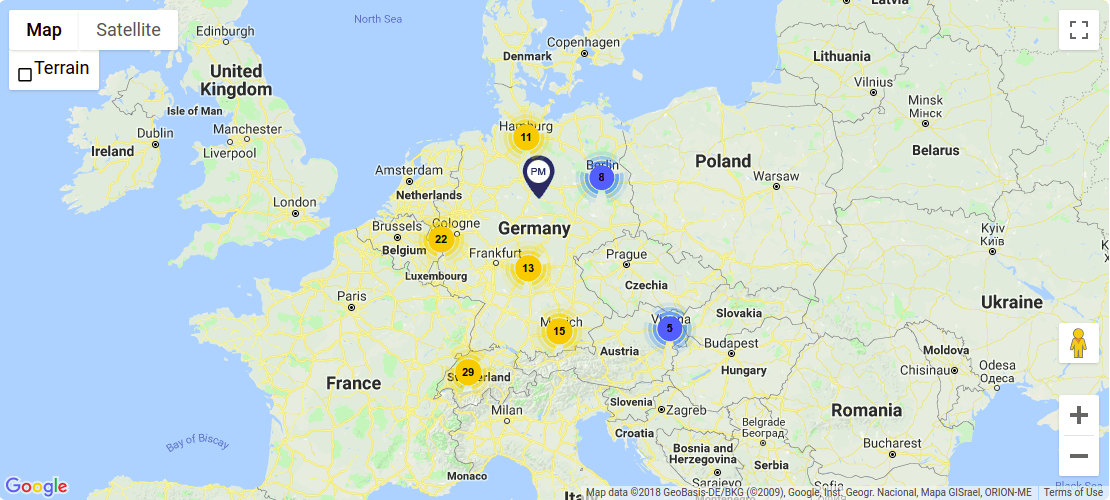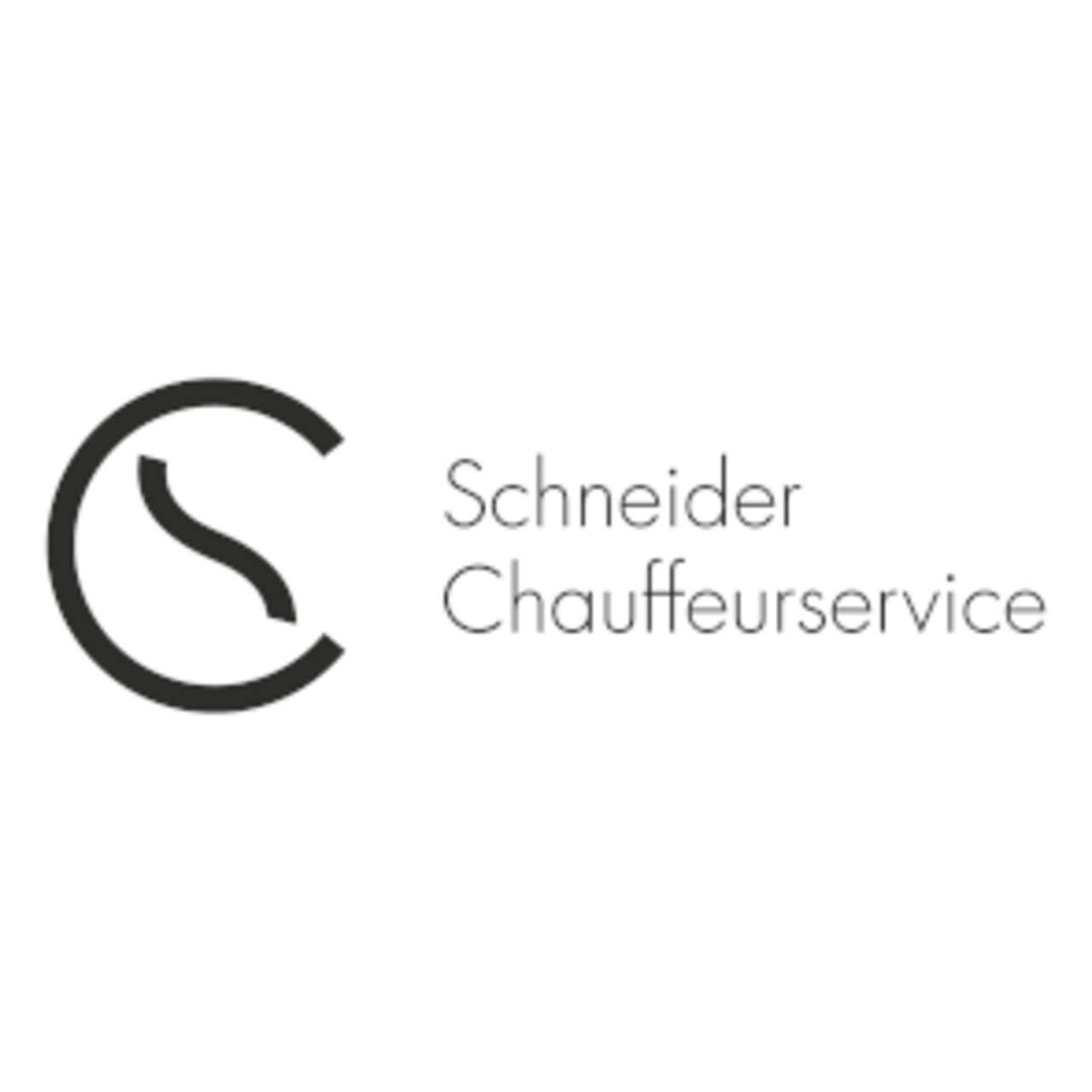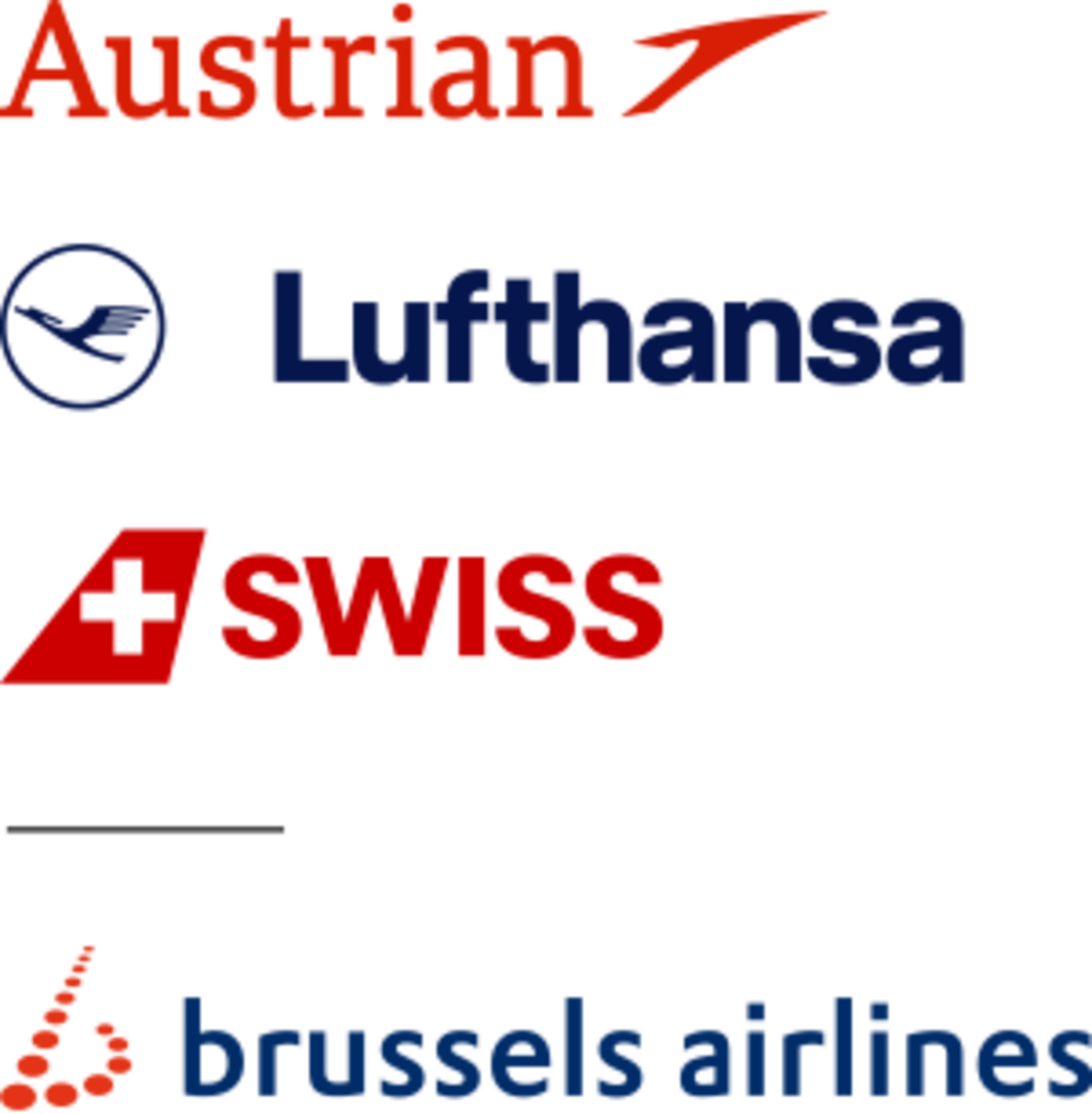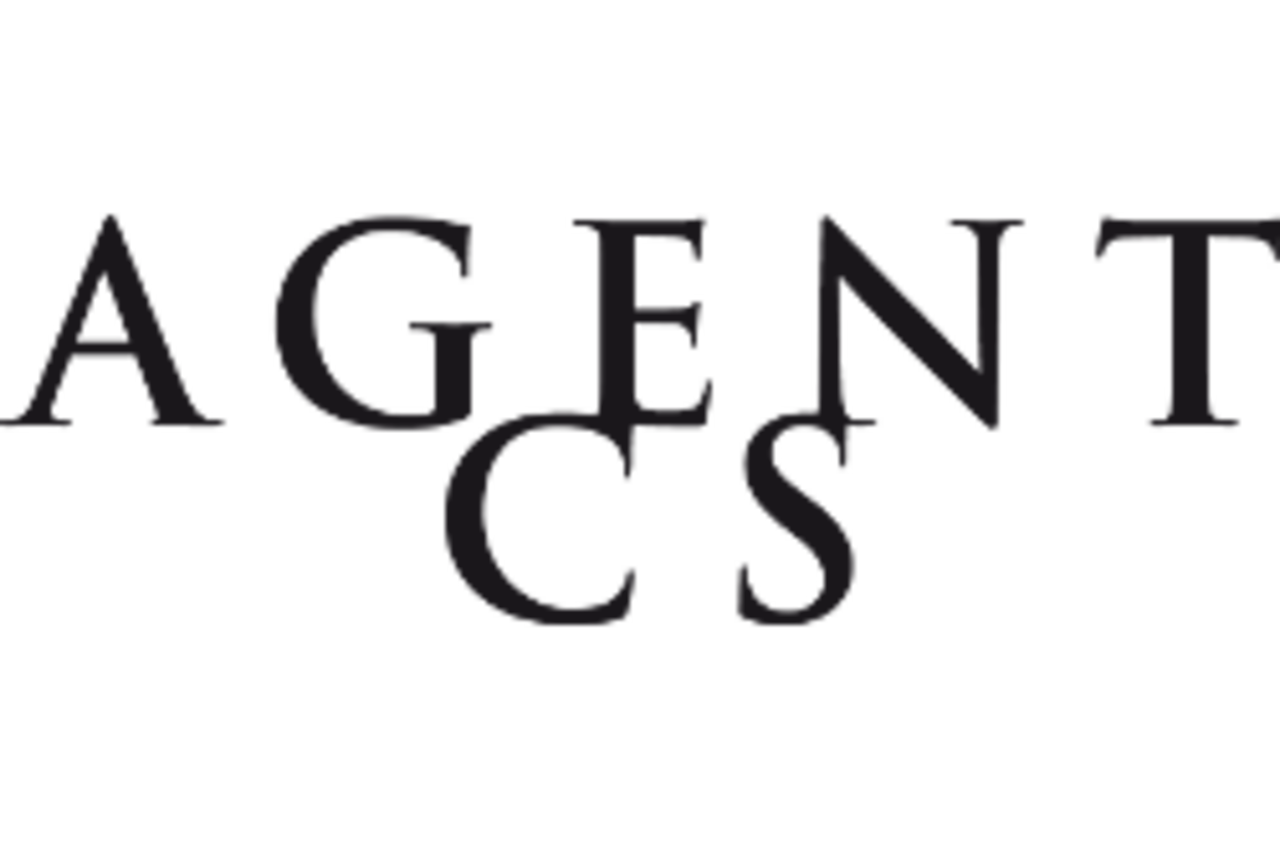Radiology Frankfurt: Univ-Prof Dr Dr Thomas J. Vogl
Treatment focus
Diagnostic Radiology
MRT techniques:
- Whole body MRT
- Molecular MRZ
- Multparametric MRT (prostate, breast)
- Brain
- Spinal column
- Joint diagnostics
- Cardiac MRT
Computer tomography diagnostics:
- Cardiac CT
- Virtual colonography
- Virtual endoscopy
Diagnostic radiology
Diagnostic ultrasound
Interventional Radiology
- Liver tumours
- Lung tumours
- Bony lesions
- Therapeutic vascular interventions
- Oncological interventions
- Orthopaedic interventions
- MR-controlled biopsy of the prostate
Contact
University Hospital, Frankfurt
Institue of Radiology and Nuclear Medicine
Theodor-Stern-Kai 7, D-60590 Frankfurt
P: +49 69 9893 9018 F: +49 69 6301 7258
Consultation Hours:
Monday to Friday 8:00 a.m. – 4:30 p.m.

Medical Range
Range of Diagnostic Services
- Computer tomography (CT)
- Virtual endoscopy
- Virtual colonography
- Computer tomography of the heart - Magnetic Resonance Tomography (MRT)
- Head and neck
- Neuroradiology
- Breast
- Liver
- Abdomen - Diagnostic ultrasound (sonography)
- Liver
- Spleen
- Pancreas
- Kidneys
- Lymph nodes
- Doppler examination of the carotid arteries, pelvic and leg veins, heart - Diagnostic radiology
We currently have modern computed tomography devices (CT-FORCE), CT-Xcite, and a sliding-gantry computed tomography scanner
Range of Therapeutic Services
- Oncological interventions (cancer treatment)
- Laser-induced thermotherapy
- Microwave ablation (MWA)
- Cryoablation
- Myoma embolisation
- Radiofrequency tumour ablation
- Selective internal radiotherapy with SIR spheres
- Transpulmonary chemoembolisation (TPCE)
- Transarterial chemoembolisation (TACE)
- Transarterial chemoperfusion (TACP) - Orthopaedic interventions
- Ozone therapy for herniated discs
- Vertebroplasty / osteoplasty
- Transarterial periarticular embolization (TAPE) - Therapeutic vascular interventions
- Excimer laser-assisted angioplasty - MR-guided biopsy of the prostate
More Information
Card
Prof Dr Thomas J. Vogl is a specialist in radiology and head of the Institute of Radiology and Nuclear Medicine at the University Hospital Frankfurt.
Prof Vogl works with an experienced, highly qualified team of assistant physicians, medical specialists, senior physicians, and guest scientists. Prof Vogl and his team aim to provide medical care for patients according to the latest radiation protection criteria at the highest scientific level. To this end, the team members work closely together to exchange experiences. Treatment planning is carried out in close consultation with the patient, who is involved in the treatment steps, as much as possible through appropriate information. The team's physicians do not bear the peak loads alone, but the team structure absorbs these. This synergy relieves the physician and the physician-patient relationship.
In addition to a first-class staff structure, Prof. Vogl's institute and his team have access to cutting-edge technology, which is partially unique worldwide, such as the “Somatom Definition AS Sliding” mobile computer tomograph, which simplifies the examination for the doctor and for the patient and considerably reduces the risk of additional injuries due to repositioning the patient. In the field of ultrasound diagnostics, Prof. Vogl’s team works with the latest generation of sonography equipment, the frequency range of which enables adjustment to particular parts of the body and particular objectives. As a result, a more certain, more precise and more rapid diagnosis can be delivered.
The main research areas of the multiple award-winning specialist in radiology include abdominal and thoracic diagnostics and intervention, interventional MR tomography, sub-project management of the unique research area hyperthermia special research area (SFB) 1470, digital, three-dimensional imaging methods, MR spectroscopy, MR angiography, new techniques for endoluminal magnetic resonance imaging, diagnostic imaging in the base of the skull, facial cranial and cervical region, multidetector computed tomography, mammary diagnostics and intervention, and laser-assisted vascular ablations. For example, Prof Vogl uses his international contacts to improve the treatment of liver tumors. His work focuses on the early detection of diseases and the field of interventional cancer therapy (oncology).
Prof. Vogl has been awarded several scientific prizes in radiology, is an office-holder and member of numerous scientific organisations and organisations, as well as a member of the scientific advisory committee of numerous specialist journals.
Please visit the website of the Clinic for Radiology and Nuclear Medicine and the MAMMOM Breast Diagnostics Center at the University Hospital Frankfurt for more information.
Curriculum Vitae
| 1976 – 1982 | Studies in human medicine at the Ludwig-Maximilian University in Munich |
| 1980 | Studies at the Hebrew University School of Medicine, Hadassah Hospital, Jerusalem (Director: Prof. Biran) |
| 1980 - 1981 | Co-assistant at the Anatomical Institute of the University of Munich (Director: Prof. Frick) |
| 1982 | Medical licence |
| 1983 | Doctorate (Dr. med.) with the dissertation “Determination of the Mineral Salt Content in the Peripheral Skeleton with the aid of the 125 Iodine Gamma Ray Absorption in Patients with Diabetes Mellitus”, with “magna cum laude” |
| from 1983 | Assistant Physician at the Radiology Clinic of the University of Munich (Director: Prof. J. Lissner) |
Employment History
| 1988 | Research visit at Massachusetts General Hospital, Boston (Director: Prof. Juan Taveras) |
| 1 Oct. 1988 - 31 March 1990 | Advanced training in nuclear medicine |
| 1989 | Accepted as a Specialist Radiologist with technical qualification in radiotherapy |
| 18 July 1990 | Completion of doctorate with bestowal of Dr. med. habil. |
| 1990 | Consultant at the Radiology Clinic of the University of Munich |
| 1992 | Acquired technical qualification in nuclear medicine |
| March – May 1992 | Acquired technical qualification in “Nuclear Medical in vitro diagnostics” |
| 1993 | Appointed as Senior Consultant of the Radiology Clinic and Polyclinic of the Free University, Berlin, Rudolf Virchow University Hospital (Director: Prof. R. Felix) Main areas of work: conventional X-ray diagnostics, traumatology, gastrointestinal radiology, interventional radiology, chemoembolization, angioplasty, magnetic resonance tomography Research topics: MR Angiography, in-vivo spectroscopy, contrast agent development, interstitial laser therapy, hepatobiliary diagnostics |
| 23 Dec. 1993 | Appointed as C3 Professor of General Radiology by the Free University, Berlin |
| 13 Jan. 1994 | Appointed as a Radiologist by the Berlin Medical Association, Qualification for the title “Specialist in Diagnostic Radiology” |
| 1996 | License to practice as a Specialist in Neuroradiology |
| 1998 | Offered appointment as C4 Professor of Diagnostic Radiology, Goethe University, Frankfurt |
| 1998 | Director of the Institute for Radiology and Nuclear Medicine (Former Institute for Diagnostic and Interventional Radiology), University Hospital Frankfurt |
| 2005 | Collaboration with the Friedrichsheim Orthopaedic Clinic Foundation of the University of Frankfurt: Head of Radiology |
| 2005 | Asst. Medical Director of the University Hospital, Frankfurt |
| 2011 | Q3 Trainer, Cardiac MRT and Cardiac CT |
| 2013 | Spokesman for the Frankfurt Hospital Alliance; Guidelines Commissioner of the German Radiology Society |
| 2017 | Member of the Scientific Committee of CIRSE (Cardiovascular and Interventional Radiological Society of Europe) |
| 2021 | Congress President of the German Radiological Society (DRG) |
| 2022 | Frankfurt Congress Ambassador |
Team
- Prof Dr Katrin Eichler
Permanent Representative of the Director of the Institute - Prof Dr Tatjana Gruber-Rouh
Managing Senior Physician of the Institute - Dr Axel Thalhammer
Acting Senior Physician of Interventional Radiology - Dr Renate Hammerstingl
Acting Senior Physician
Extras
- Medical Equipment:
- Cutting edge ultrasound technology
- Radiation-free whole body MRT
- Cutting edge CT technology (the world’s only Somatom Definition AS Sliding mobile computer tomograph; the world’s most state of the art high-end CT)
Transport Connections
| Frankfurt/Main Central Station | 2,5 km |
| Frankfurt Airport | 9 km |
Information about Frankfurt
Frankfurt is one of the most important financial centres in Germany and Europe. With its skyscrapers unique in Europe, Frankfurt rises above the Main on an area of approximately 243 square kilometres and at its centre accommodates about 700.000 inhabitants. Frankfurt was officially mentioned for the first time in 794 and played a decisive role during the imperial age. Much of the city was destroyed by bombing in World War II by the Allies. The historic old town, however, is preserved, just as its culturally important role in Europe. Today the old town is a tourist magnet that repeatedly attracts visitors from all over the world.
